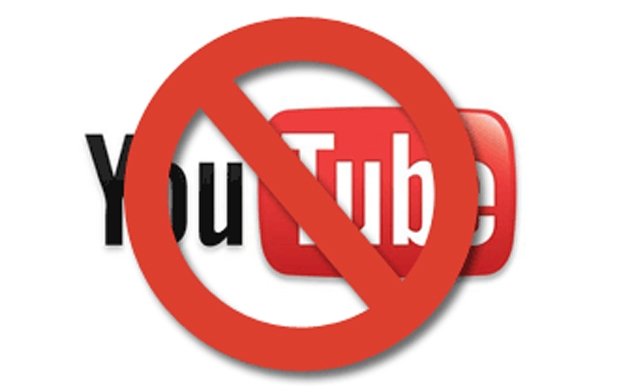Censorship On YouTube Creates An Unique Opportunity For Decentralized Platforms Like Steemit to Create An Alternative Video Platform

If you haven’t been watching YouTube drama or hearing the news in the past few days, it seems that YouTube has changed its terms of service to allow demonetization of any content they deem not “advertiser friendly”. YouTube is a private entity overall, but the fact of the matter is, they are using the new terms of service to censor and essentially push undesirable creators off YouTube. Many creators who rely on ad revenue to survive and continue to make content are now fearing that they will be one of the targets whose videos get demonetized. It isn’t only small channels that have been targeted either, with channels like Phillip Defranco’s with about 4.5 million subs and various channels around the 1 million subscriber mark. I linked the video created by Defranco to explain the changes, below. In order to find videos that YouTube deems not “advertiser friendly”, they are using severely flawed bots and refusing to undo any demonetization actions that have been taken. Some might say, go to another site, but currently no other centralized sites compare to YouTube in the form of earnings for content creators. However, a decentralized solution might be the answer.
I believe that this change and other changes that YouTube has made in the near past, creates a massive opportunity for Steemit to cater to a whole new use case. A decentralized platform like Steemit can bring in content from YouTube, cut out the centralized middle man and better reward creators for their work. With YouTube taking 50-60% of the ad revenue on many accounts, it is unbelievable that many of the creators can even make a living. People who are averaging a million views per video and adding hundreds and thousands of hours of entertainment to many around the world deserve to be properly compensated for their work. YouTube’s current cut is a modern day form of sharecropping, allowed because they have exclusivity of the platform. If we open up a new platform that can bring in and support existing YouTube creators, we can capture a large portion of the market cap from YouTube and do it in a decentralized way that would even cut out advertisers.
This brings me to how realistic a possibility it would be to build a video streaming service off the Steemit blockchain. I am not a technical person by any means, but maybe people could chime in on if this could actually work, or if there was a work around to do it. If we could find a way to create a Steemit site like Steemtube that would have all the current features YouTube has and working off the same blockchain as Steemit, we could revolutionize the content creation platform. Video accounts and Steemit accounts could be synced so creators could easily and effectively talk and respond to fans. Even if the videos were hosted elsewhere and not actually on the Steemit blockchain, we could still create a video platform that would monetize videos without creators. Fans would essentially be able to directly influence a creators earnings by liking their content rather than the current model, where creators rely on advertisements, which many adblock.

Another great part about a new decentralized platform, is that it would be censorship resistant and avoid the copyright abuse by companies that has been going on for years on YouTube. For example, despite using footage and screenshots of Nintendo products under completely legal fair use, Nintendo will pull down your video without hesitation if you are not an affiliated Nintendo channel. This type of abuse by companies and the advertisers themselves is another main reason why people have been trying to leave YouTube, but have been vastly unsuccessful. If we truly want content that is uninfluenced by corporate entities and sponsorship we need a decentralized solution that can still provide creators with a living. Steemit can be that solution if the correct steps are taken to make it happen.
People often talk about the big killer app in crypto and on the blockchain, and monetized video and content creation could be it. If you are a programmer and know the technical ins and outs, how can we make this a reality? Even if workarounds have to be used, like posting a video elsewhere and then putting it on the blockchain, if we provide the basic video site infrastructure, we would still be able to capture a large part of the market. Creators will start flocking over in droves if they know that another solution is available. Let me know what you think, suggestions you have or how we can make this a reality.
-Calaber24p

